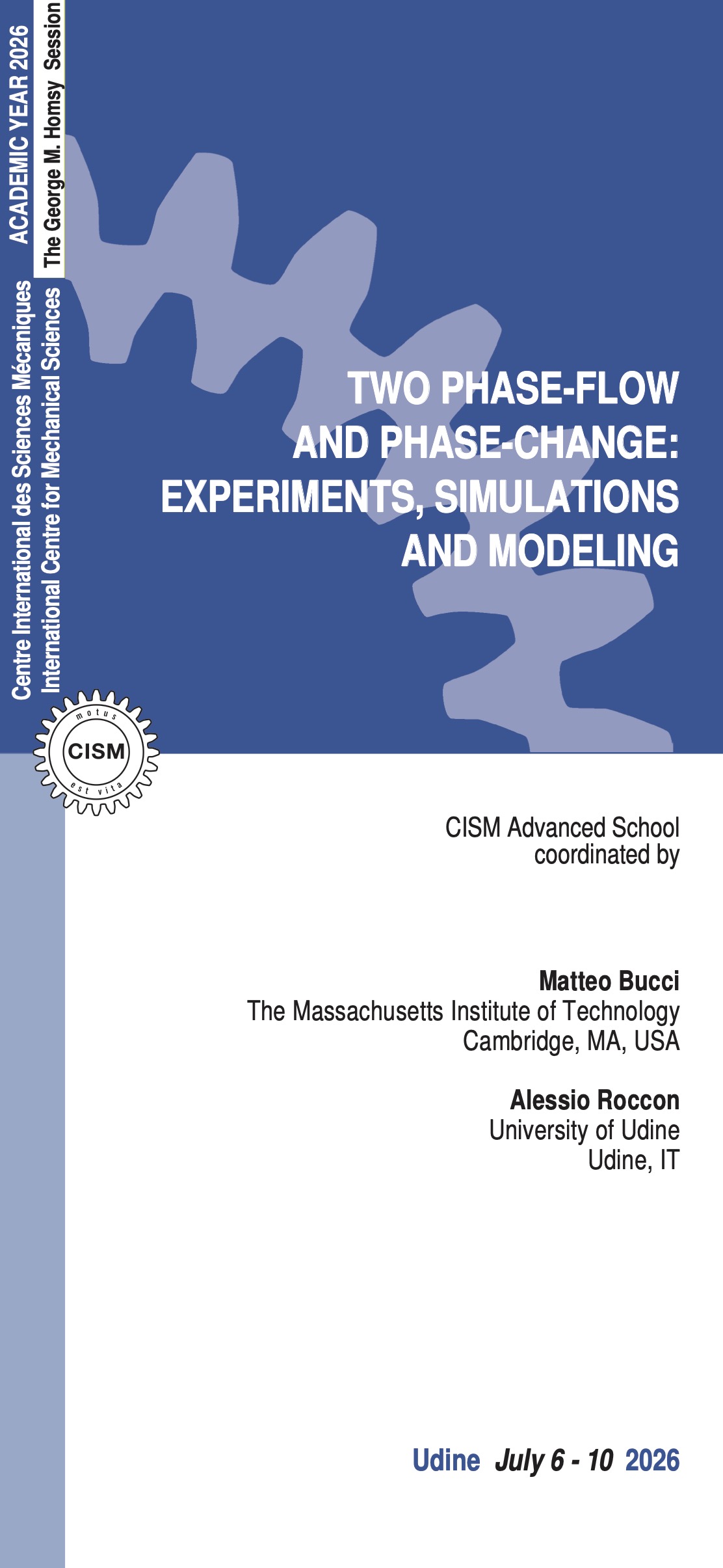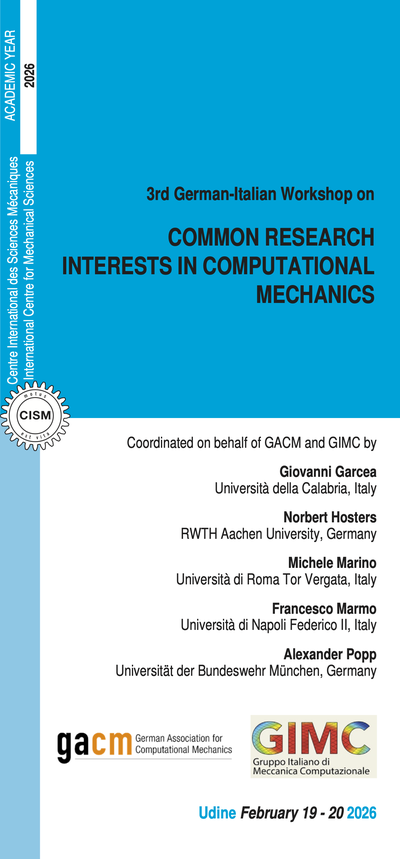Two-phase flows lie at the core of many natural processes and industrial applications. Predicting bubble nucleation, growth, and interactions is highly challenging due to the wide range of scales involved, from system-level to Kolmogorov turbulence and molecular interfaces, making experimental and numerical studies of two-phase flows particularly complex. On the experimental side, challenges stem from intricate carrier–dispersed phase interactions and background turbulence, and the small spatial and temporal time scales involved in the nucleation and growth of bubbles, necessitating precise, non-intrusive diagnostics such as particle image velocimetry, X-ray radiography/tomography, and high-resolution wall measurement techniques, e.g., infrared thermometry and phase detection. On the numerical side, simulations demand advanced methods to capture interface dynamics (e.g., volume of fluid, level-set, phase-field) in boiling, condensation, and other heat/ mass transfer phenomena. Resolving the full spectrum of spatial and temporal scales requires large grid resolutions and highly efficient solvers capable of leveraging GPU-accelerated high-performance computing. This course presents the latest developments in experimental and numerical techniques for probing the fundamental physics of two-phase turbulent flows, with a focus on boiling heat transfer.
Participants will explore state-of-the-art approaches, assess their applicability, strengths, and limitations, and learn strategies for combining methods to improve physical insight. Illustrative examples drawn from the lecturers’ research across thermal engineering and fluid mechanics will showcase these techniques in action. Special emphasis will be placed on advances in high-fidelity simulations and cutting-edge diagnostics, highlighting their role in addressing long-standing challenges in the field. Open questions and future directions will also be critically discussed. By the end of the course, participants will be able to evaluate the capabilities, limitations, and reliability of the methods presented, equipping them with the tools to critically assess data and select appropriate approaches for their own research on two-phase turbulent flows.
M. Bucci, A. Richenderfer, G.Y. Su, T. McKrell & J. Buongiorno, 2016. A mechanistic IR calibration technique for boiling heat transfer investigations. Int. J. Multiph. Flow, 83, 115–127.
A. Kossolapov, B. Phillips & M. Bucci, 2021. Can LED lights replace lasers for detailed investigations of boiling phenomena? Int. J. Multiph. Flow, 135, 103522.
S. Dong & J. Shen, 2012. A time-stepping scheme involving constant coefficient matrices for phase-field simulations of two-phase incompressible flows with large density ratios. J. Comput. Phys., 231(17), 5788–5804.
A. Urbano, S. Tanguy, G. Huber & C. Colin, 2018. Direct numerical simulation of nucleate boiling in micro-layer regime. Int. J. Heat Mass Trans., 123, 1128–1137.
N. Scapin, P. Costa & L. Brandt, 2020. A volume-of-fluid method for interface-resolved simulations of phase-changing two-fluid flows. J. Comput. Phys., 407, 109251.
P. Costa, 2018. A FFT-based finite-difference solver for massively-parallel direct numerical simulations of turbulent flows. Comput. Math. Appl., 76(8), 1853–1862.
A. Manera, B. Ozar, S. Paranjape, M. Ishii & H.-M. Prasser, 2009. Comparison between wire-mesh sensors and conductive needle-probes for measurements of two-phase flow parameters. Nucl. Eng. Des., 239(9), 1601–1612.
I. Zadrazil, O.K. Matar & C. Markides, 2014. An experimental characterization of downwards gas–liquid annular flow by laser-induced fluorescence: Flow regimes and film statistics. Int. J. Multiph. Flow, 60, 87–102.
A. Roccon, F. Zonta & A. Soldati, 2023. Phase-field modeling of complex interface dynamics in drop-laden turbulence. Phys. Rev. Fluids, 8(9), 090501.
G. Soligo, A. Roccon & A. Soldati, 2021. Turbulent flows with drops and bubbles: what numerical simulations can tell us. J. Fluids Eng., 143(8), 080801.
A. Prosperetti & G. Tryggvason, 2007. Computational Methods for Multiphase Flow. Cambridge University Press, Cambridge.
4 lectures on:
Single-fluid formulations for eddy-resolving turbulent simulations. Data-driven approaches to describe bubble deformation. Energy exchanges in free-surface turbulence. Surface modifications for enhanced pool boiling.
5 lectures on:
Two-phase flow and heat transfer regimes, nucleate boiling, saturated boiling, and the boiling crisis. Overview of experimental techniques, non-intrusive wall measurements.
4 lectures on:
High-resolution gamma tomography for two-phase flow diagnostics. Image reconstruction and processing for multiphase visualization. High-speed X-ray radiography and tomography. Wire-mesh, film, and optical sensors for film thickness measurement.
4 lectures on:
Particle-image velocimetry for single/two-phase flows (seeding, lasers, safety); laser-induced fluorescence (dyes, reflection mitigation), and applications in boiling, two-phase flows, and multiphase phenomena.
5 lectures on:
Simulations of heat and mass transfer, phase-field modeling of droplet- bubble-laden turbulent flows, interfacial dynamics. Modeling of nonisothermal flows.
5 lectures on:
Fast numerical methods for two-phase flow, modeling of boiling/evaporation jump conditions in VoF/diffuse interface methods. Methods for large-scale GPU computations of two-phase flow with and without phase change.
5 lectures on:
Modeling of two-phase flows with phase-change, numerical methods based on a sharp-interface description. Direct numerical simulation of two-phase flows with phase-change (incompressible and compressible flow) and contact-line phenomena.
ADMISSION AND ACCOMMODATION
The course is offered in a hybrid format, allowing participants the flexibility to attend either in person or remotely via the Microsoft Teams platform. Admission to on-site attendance is granted on a first-come, first-served basis to comply with the capacity of the lecture room.
Registration fees:
- Early Bird On-Site Participation: € 650.00 + VAT* - Deadline: May 6, 2026
- Late On-Site Participation: € 800.00 + VAT* - Deadline: June 24, 2026
- Live Streaming Online Participation: € 250.00 + VAT* - Deadline: June 24, 2026
On-site participation includes a complimentary bag, five fixed menu buffet lunches, hot beverages, downloadable lecture notes.
Online participation includes downloadable lecture notes.
Application forms should be submitted online through the website: http://www.cism.it. A confirmation message will be sent to participants whose applications are accepted.
Upon request, and subject to availability, a limited number of on-site participants can be accommodated at the CISM Guest House for € 35 per person per night. To request accommodation, please contact foresteria@cism.it.
CANCELLATION POLICY
Applicants may cancel their registration and receive a full refund by notifying the CISM Secretariat in writing (via email) no later than:
- May 6, 2026, for early bird on-site participation;
- June 6, 2026, for late on-site participation;
- June 24, 2026, for online participation.
No refunds after the deadlines. Cancellation requests received before these deadlines and incorrect payments will be subject to a € 50.00 handling fee.
GRANTS
A limited number of participants from universities and research centers who do not receive support from their institutions can request a waiver of the registration fee and/or free lodging.
Requests should be submitted by email to the CISM Secretariat at info@cism.it by May 6, 2026. Submissions must include the applicant’s curriculum vitae and a letter of recommendation from the head of the department or a supervisor, confirming that the institute is unable to provide funding. Preference will be given to applicants from countries that sponsor CISM.





